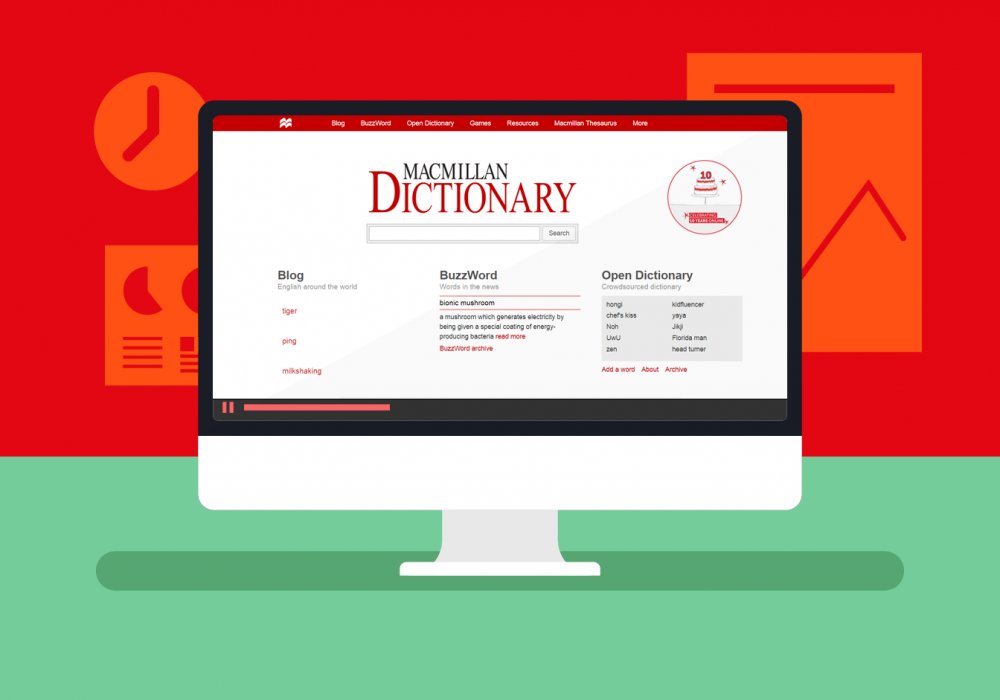The Macmillan online Dictionary has now included the popular Thesaurus feature.
The two resources – thesaurus & dictionary – go hand-in-hand in supporting English language learners and teachers around the world by providing authoritative content and vocabulary support.
Macmillan Thesaurus provides learners with dynamic content through the 'Synonyms of the Day' and 'Trending Words' features.
In short, Macmillan Thesaurus is the perfect resource for your learners to explore and build vocabulary!
- The synonyms it provides relate to the particular meaning a user is looking for, not just to the word itself. For example, the word bright has plenty of synonyms – but the ones a user needs will depend on whether they are interested in bright meaning 'shiny' or bright meaning 'intelligent'. In Macmillan Thesaurus, each meaning of bright has its own separate list of synonyms.
- Macmillan Thesaurus doesn't just provide synonyms, but related words too. There aren't really any synonyms for the word cottage, for example. The word belongs to a lexical set of words for ‘buildings where people live or stay’. So for concrete objects – a plant, an animal, a machine, or a building – the Thesaurus provides a list of related words.
- The new site offers two different types of search: 'Thesaurus' or 'Topics'. Users can enter the word good in the search box and choose to see (1) synonyms for the word good or the phrase good for nothing (Thesaurus search), or look up (2) ‘Good for you and your health’ (Topics search) and see all the words to do with that topic.
- Macmillan Thesaurus provides short definitions for the words it lists. It can be hard to choose exactly the right word if all the user sees is a list, so every word or phrase in the Thesaurus comes with a definition to help learners make the right choice.
- The website also allows users to browse the full content of Macmillan Thesaurus, starting with specific topics such as 'Pleasant, enjoyable and relaxing' and – using the navigation bar – moving up in the Thesaurus structure to e.g. 'Positive qualities', 'General qualities', and so on. This allows users to explore the connections between the different meanings of words even more.
Finally, Macmillan Thesaurus provides learners with dynamic content through the 'Synonyms of the Day' and 'Trending Words' features.
